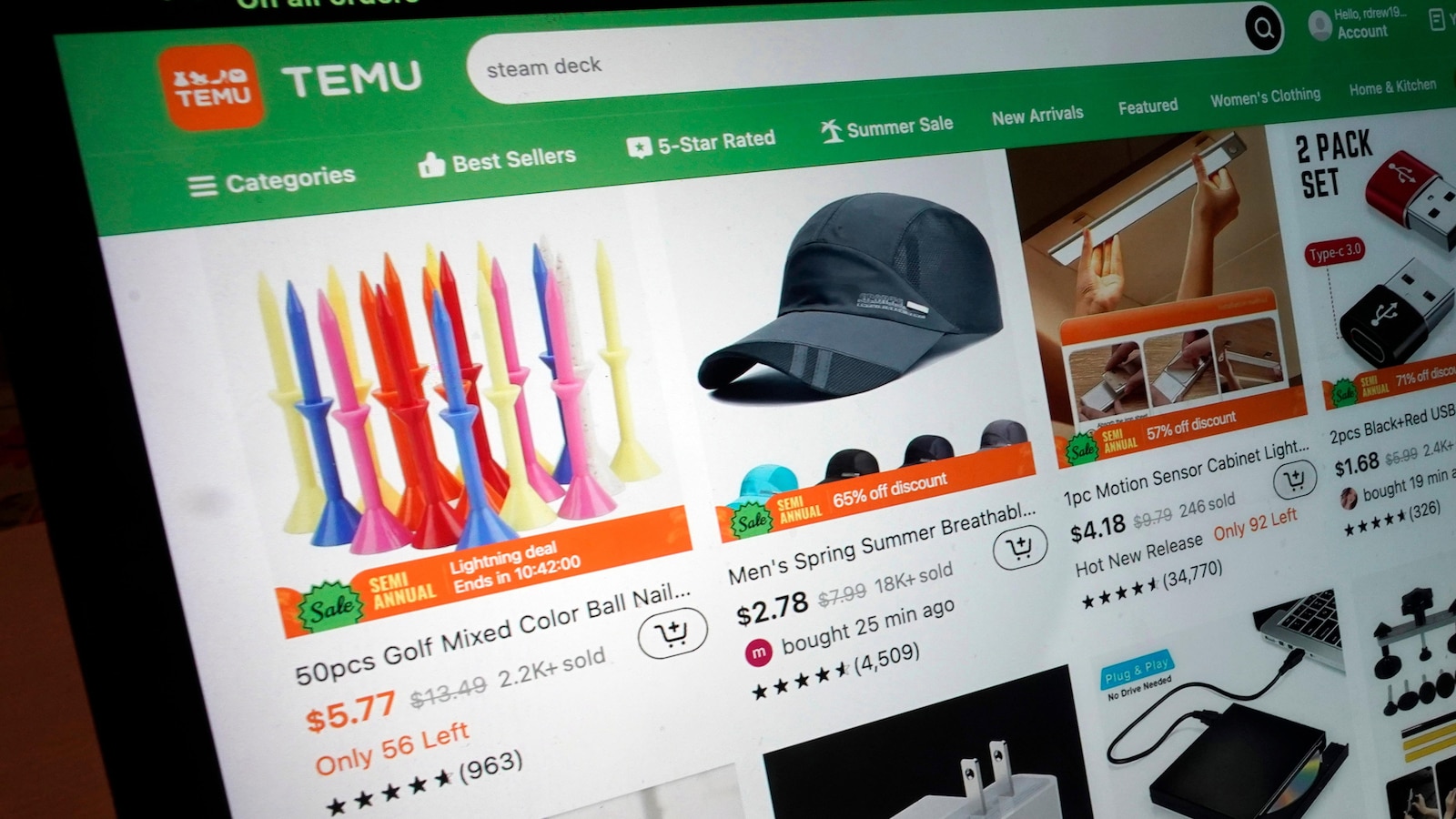Temu, which is owned by the Chinese e-commerce giant Pinduoduo Inc., has rapidly gained popularity in Western markets over the past two years by offering affordable goods ranging from clothing to household items shipped directly from China. Currently, the platform boasts 92 million users across the EU.
The company has expressed its commitment to compliance, stating, “We take our responsibilities under the DSA seriously and are continuously investing in strengthening our compliance system to protect consumer interests on our platform.” Temu aims to collaborate closely with regulators to ensure a safe and reliable marketplace for consumers.
Margrethe Vestager, the European Commission’s executive vice president, emphasized the importance of ensuring that products sold on Temu comply with EU standards and do not harm consumers. She stated, “EU enforcement will guarantee a level playing field, and all platforms, including Temu, must fully respect the laws that keep our European markets safe and fair for everyone.”
The investigation will assess whether Temu is adequately addressing issues related to “rogue traders” selling non-compliant goods on its platform, amidst concerns that such sellers can quickly reappear after being suspended. Specific illegal products have not been identified by the Commission at this stage.
Additionally, regulators are scrutinizing potential risks associated with Temu’s “addictive design,” which includes “game-like” reward programs, and the measures the company is implementing to mitigate these risks.
Temu is also under investigation for compliance with two other DSA requirements: providing researchers access to data and ensuring transparency in its recommendation systems. Companies are expected to disclose how they recommend content and products, and users should be given at least one option to view recommendations that are not based on their personal profile or preferences.
The company now has the opportunity to respond to the Commission, which will decide whether to impose fines for non-compliance, drop the case, or determine that the suspicions are unfounded.
Since the DSA took effect last year, Brussels has intensified its scrutiny of tech companies. The Commission has also initiated investigations into other e-commerce platforms, including AliExpress, as well as social media sites like X (formerly Twitter) and TikTok, following inquiries about their new reward features.
Temu is also facing scrutiny in the United States, where a congressional report last year accused the company of failing to prevent the sale of goods produced by forced labor on its platform.
As this investigation unfolds, the implications for Temu could be significant, impacting its operations in both the EU and the U.S., as regulatory bodies seek to enforce compliance and protect consumers in the increasingly complex landscape of online retail.


